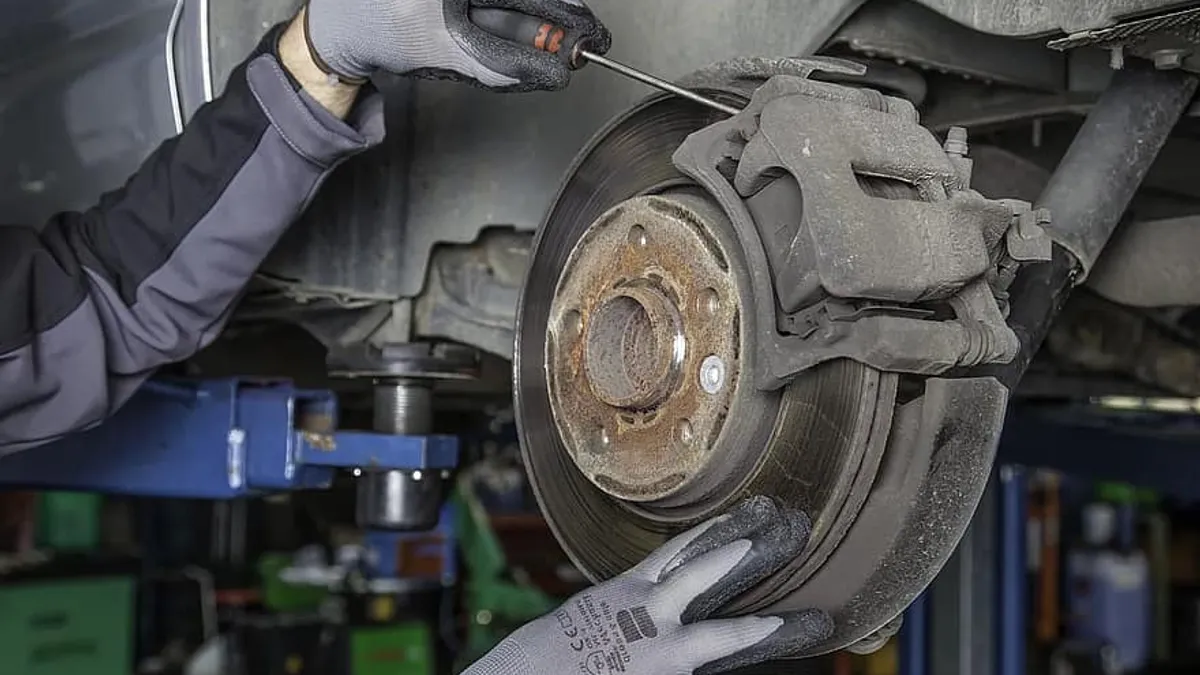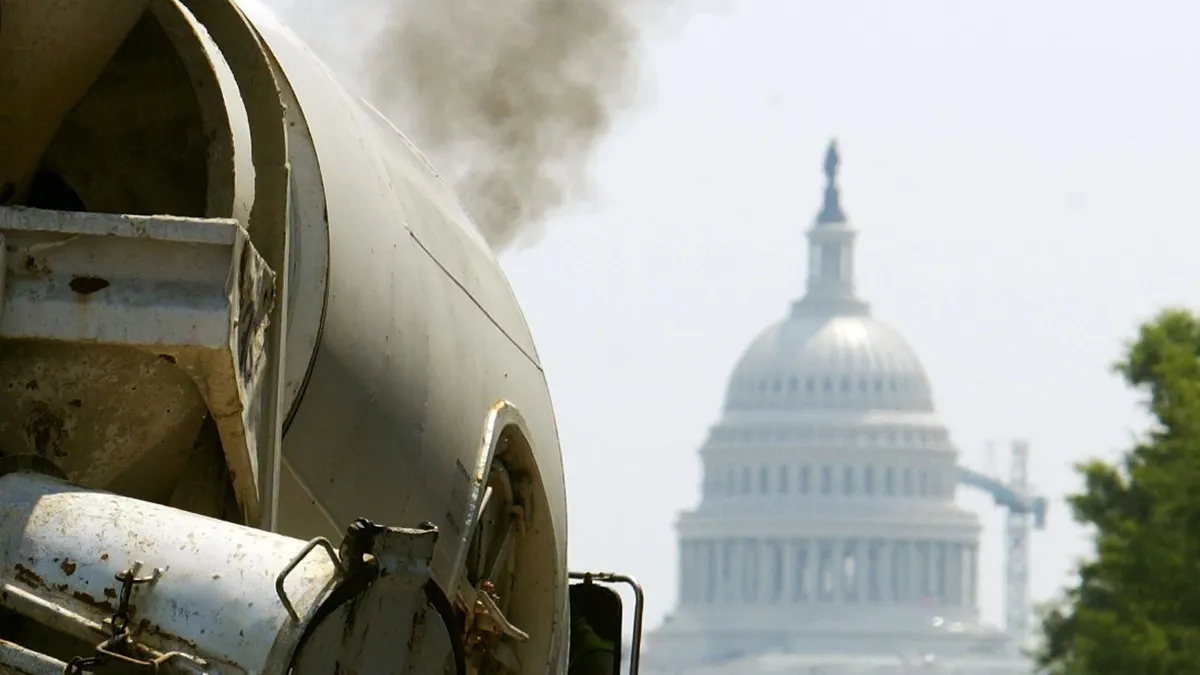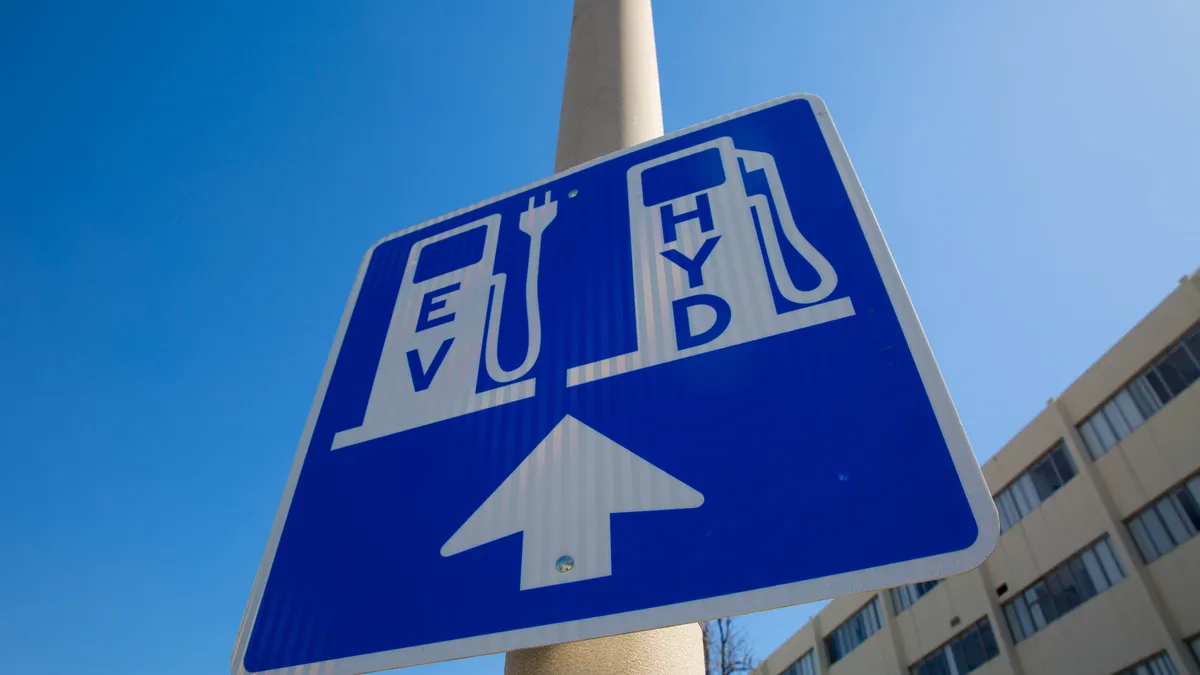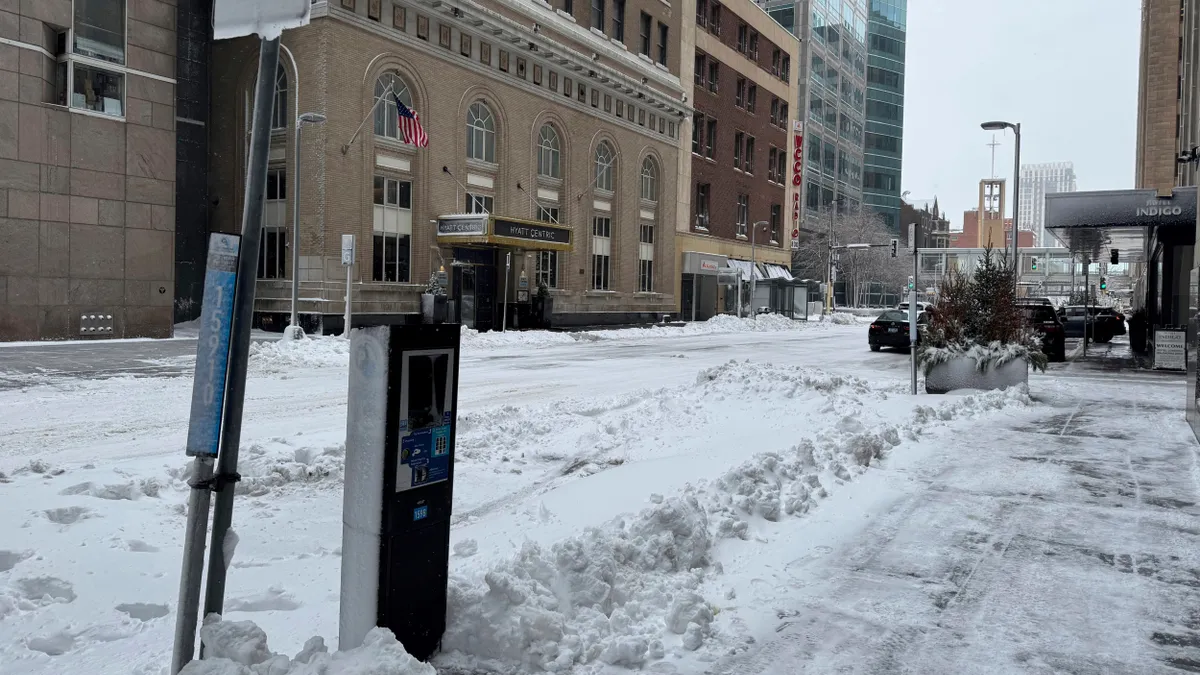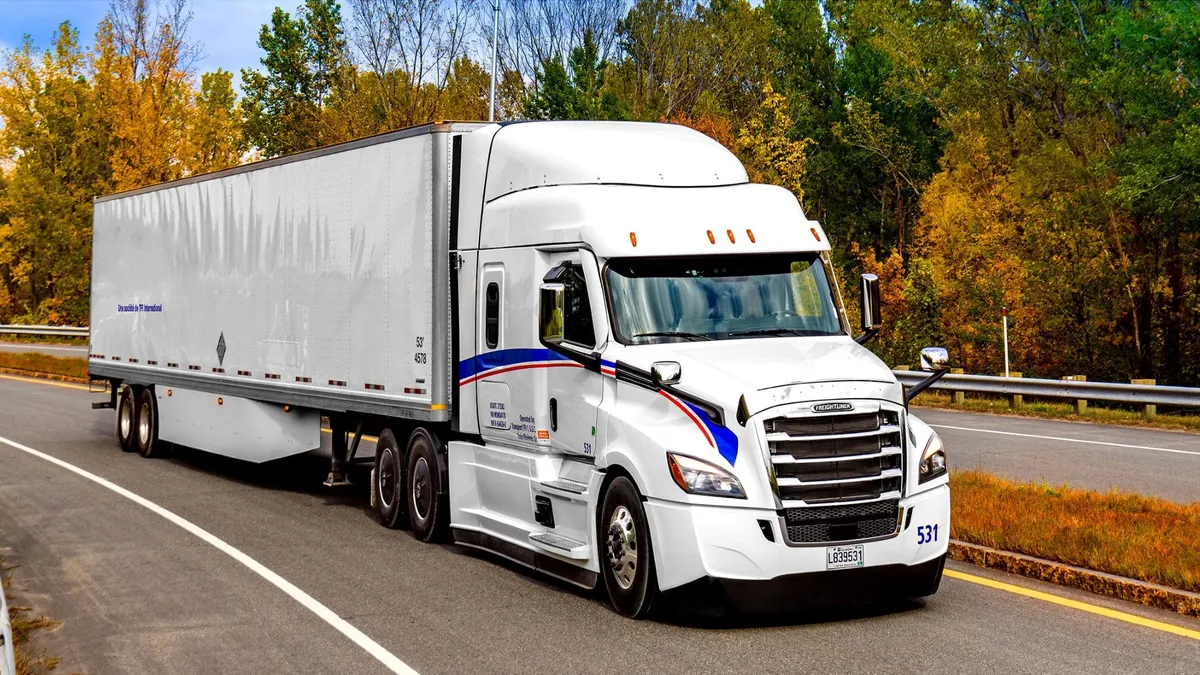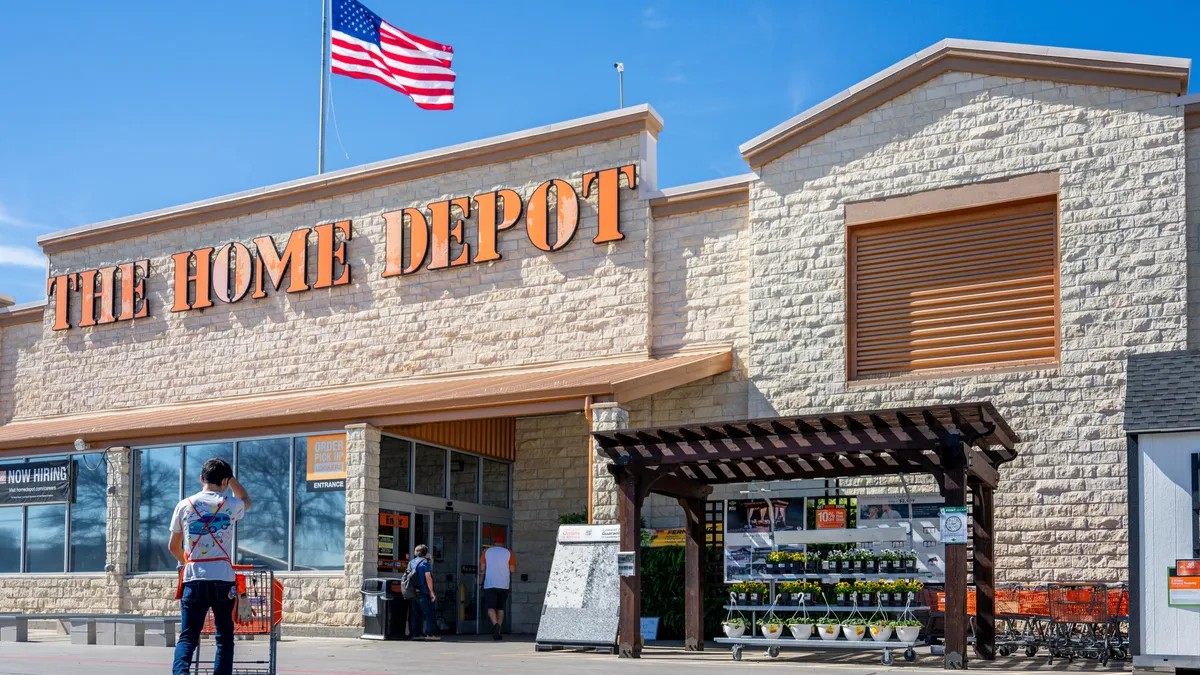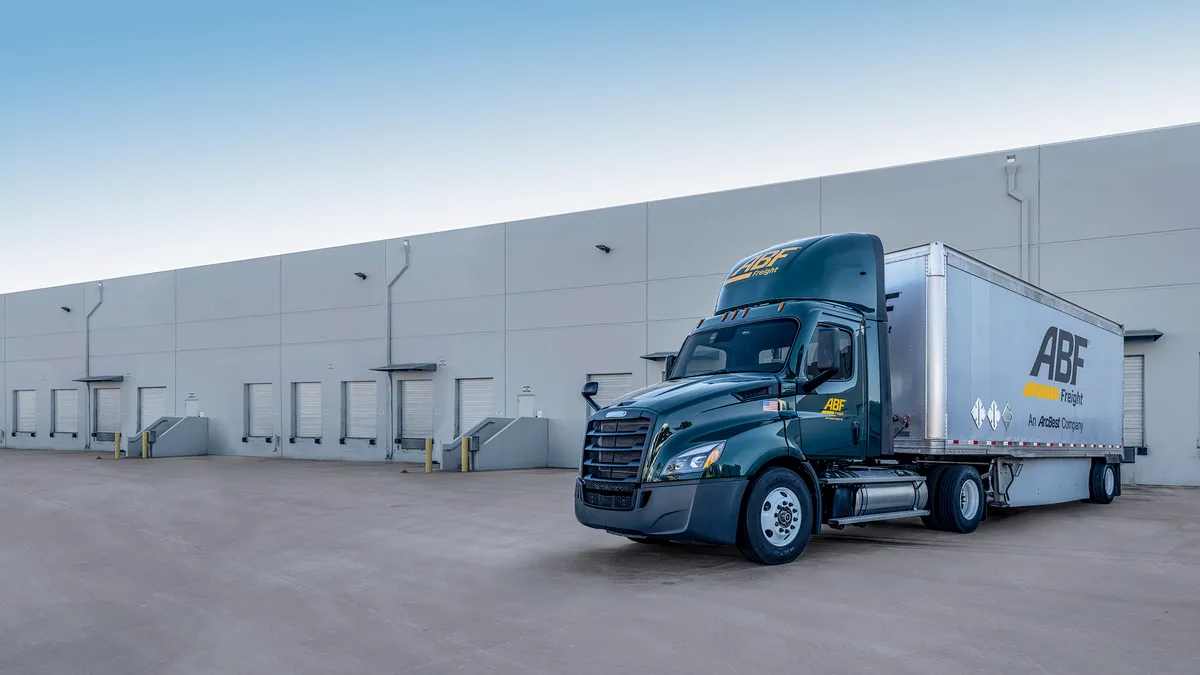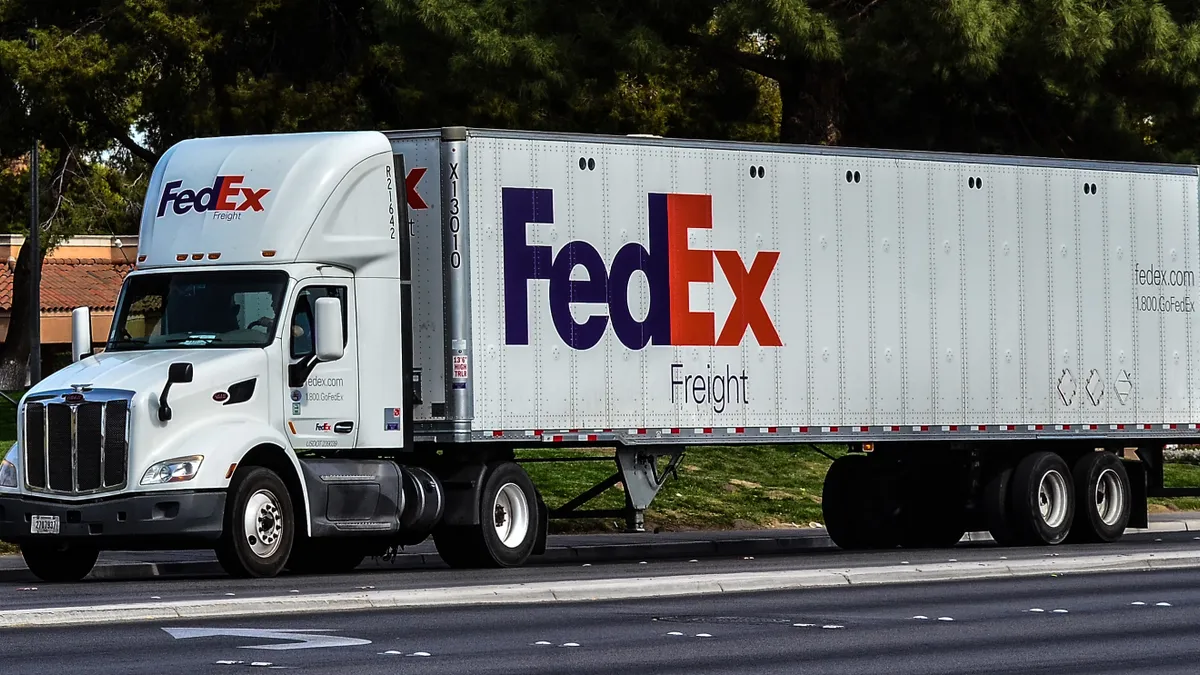A parts shortage has hit fleets hard — so hard that fleet managers are using unconventional methods to find parts.
Robert Braswell, executive director of the American Trucking Associations' Technology & Maintenance Council, said some fleets have had to behave as if they own rare cars whose OEMs no longer make the parts and accessories. Fleets with bigger wallets are snapping up what they can early, if and when they find parts.
Some are turning to their own trucks as parts sources. Others are hunting on eBay or Craig's List to scoop up new or used parts they cannot order from their regular suppliers. And others are heading out to the sticks to see if they can find parts at remote supply shops.
Factories in Asia and North America are open, churning out parts and trucks. But as fleets look to catch up on their material needs, there have been shortages from driveshafts to wheels, caused by issues related to the COVID-19 pandemic. It's a new headache for fleets eager to haul the freight surge at their full capacity.
Parts shortages sideline fleets
Braswell said two issues, virus-related labor shortages and the related parts shortage, have loomed larger than others in the supply chain, frustrating fleets and causing some trucks and trailers to be sidelined because they lack parts to run safely.
"A lot of it is labor," said Braswell. "It's a pure labor shortage, to make parts or deliver parts."
A key shortage is the semiconductor shortage, due to pandemic-related demand shifts, clogged West Cost ports and a series of fires at key factories in Asia that make the computer chips. The chips are used extensively in tractors and, to a less extent, trailers. The OEMs also rely heavily on high-tech equipment that needs replacement parts.
The parts shortage has grown over the past few months to send shivers through the trucking industry's spine, quite unlike the delay in new Class 8 models. If a fleet cannot take delivery of a truck soon, it can always try to buy a used truck or make do with what it has. But parts shortages threaten to force fleets to park and sideline trucks.
"Prices are through the roof and there's nothing really available."

Robert Braswell
Executive Director of the American Trucking Associations' Technology & Maintenance Council
On Oct. 29, Werner CEO Derek Leathers told analysts his company faced "ongoing parts issues and parts availability problems." CFO John Steele noted "sever truck and trailer parts shortages," on the call.
Those challenges resulted in Werner's dedicated trucks traveling fewer miles in Q3, which hit the bottom line. Increased truck downtime also caused weekly minimum driver pay guarantees to occur more frequently in the quarter, Steele said.
"I think we were impacted greater than others that maybe or don't have the same decentralized, dedicated kind of footprint. Much of our infrastructure, if you will, relies on dealers and dealer networks, to be able to support these dedicated footprints," Leathers said.
The C-suite isn't the only one discussing the shortage. On social media, the parts shortage often overshadows debates on trucker complaints about the vaccine mandate. On Reddit, truck drivers and fleet officials are venting.
"It's almost been a month our 2008 Freightliner has been down due to being unable to locate a single injector," a Reddit used named DirectNova wrote in late September.
'There's nothing really available'
Big fleets, with their considerable resources, are not waiting to see if things get worse. In some cases, the patch is often borrowing from Peter to pay Paul. That is, raiding a fleet's own trucks for parts.
Cari Baylor, president of Indiana-based Baylor Trucking, said the rate of picking or swapping parts from her own trucks has increased. Usually, 10% of Baylor Trucking's tractors are available for parts swaps, she said during ATA's Management Conference & Exhibition in October.
More of her trucks are off the road, and looking like "Mr. Potato Head." To complicate matters, all of Baylor Trucking's 2021 orders — 40 Class 8 trucks — were canceled by the OEMs because of slowed production.
Larger fleets are also targeting particular parts when they can, to the chagrin of smaller fleets.
"One of the problems is the larger companies are buying up retread rubber and casings," said Vincent Fortuna, a longtime trucking executive who now works as a partner in PR Business Consulting, which advises fleets.
Fortuna said the shortages have fallen to raw materials, and that will lead soon to another price increase in tires. Braswell agreed the truck-tire market is particularly hard hit, although he sees labor issues as the main problem.
"There's a shortage of wheels, because there's not enough people to make the wheels," said Braswell.
The problem of parts would normally have fleets looking at new or used trucks. But OEMs experienced pandemic-related problems first, slowing down production in early and mid-2020 because of shutdowns and staggered production to prevent viral spread. The delays mean smaller fleets may have to wait until 2024 for new trucks.
"Prices are through the roof and there's nothing really available," said Fortuna.


